Global Witness is an investigative, campaigning organisation.
We expose how the industries fuelling the climate crisis profit from destruction, and stand with the people fighting back to defend their communities and their rights.
-
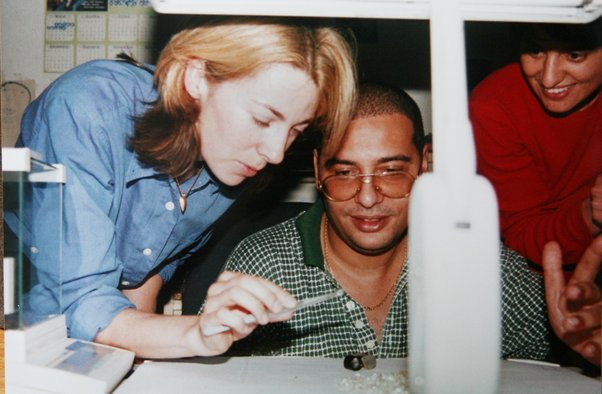
Our history
For over 30 years we’ve worked to expose the links between environmental destruction, conflict, corruption and human rights abuses.
-
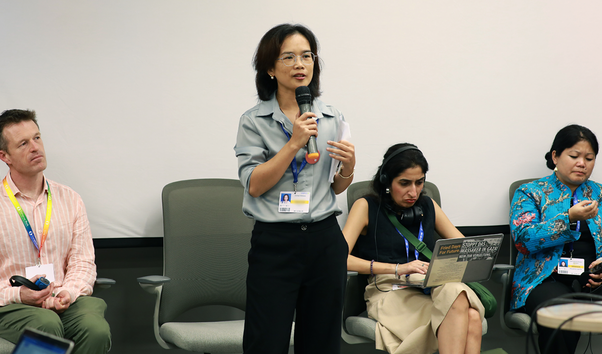
Our people
Meet the team behind our campaigning, research and investigations.
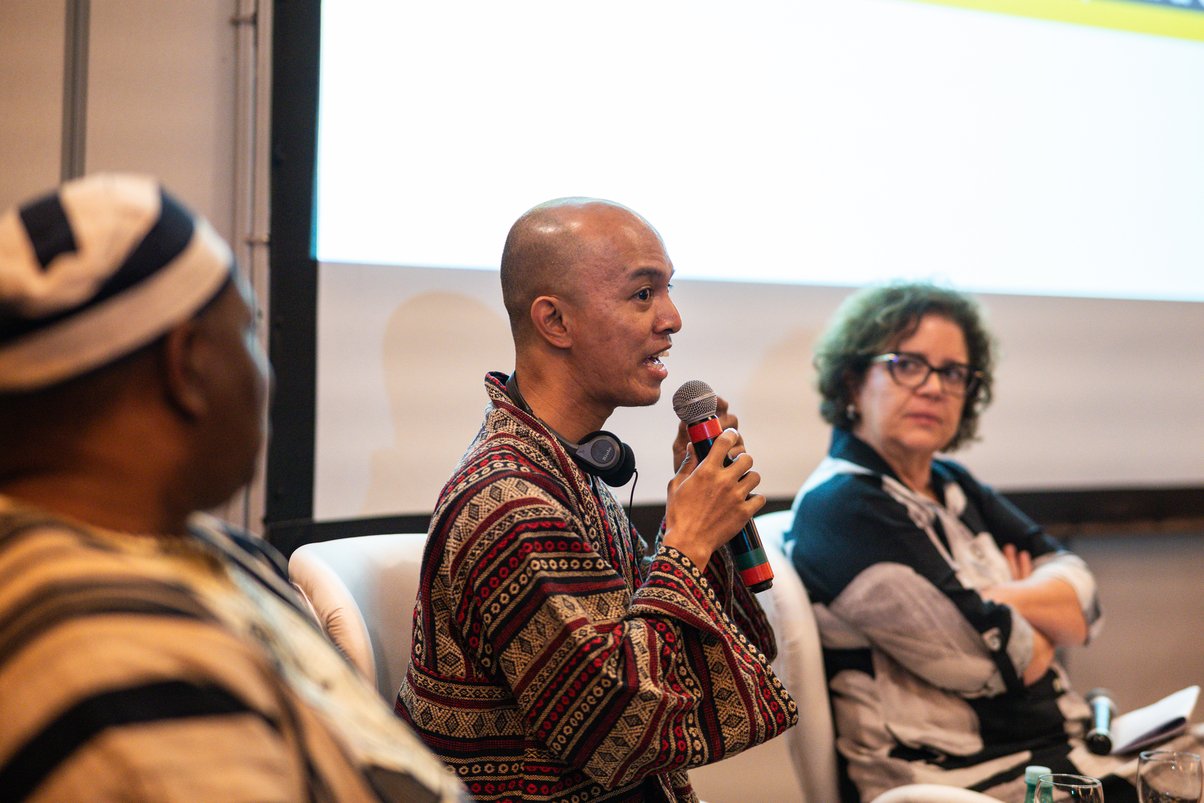
Working with partners
Our work would not be possible without the international network of partners that we collaborate with on our investigations and campaigns
Find out more
Learn more about our work, structure and how you can join the team.
-
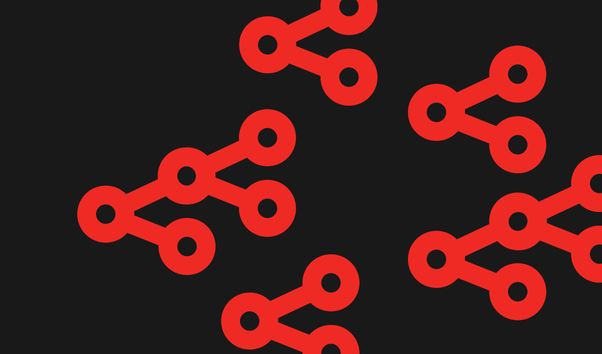
Governance
Find out more about our governance structure.
-
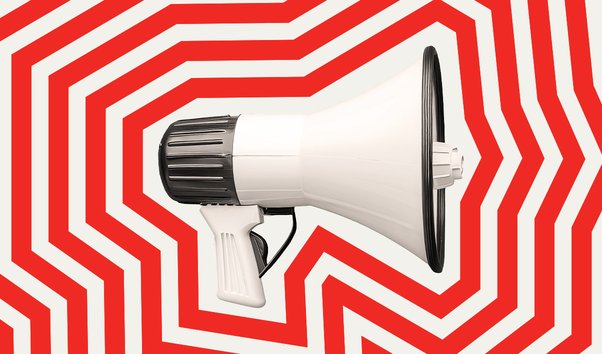
Annual reports
Read our recent annual reports and financial statements.
-
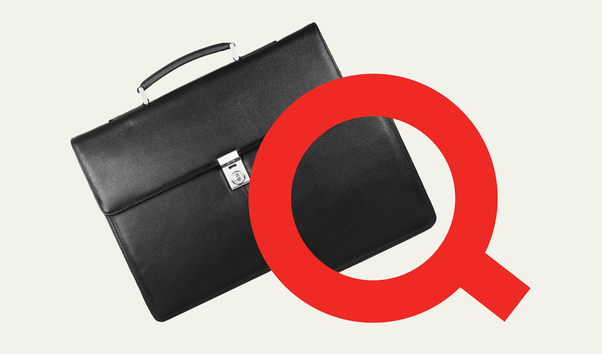
Careers
Find out more about what it's like to work for Global Witness, and check for vacancies in our London, Brussels or Washington D.C. offices.
-
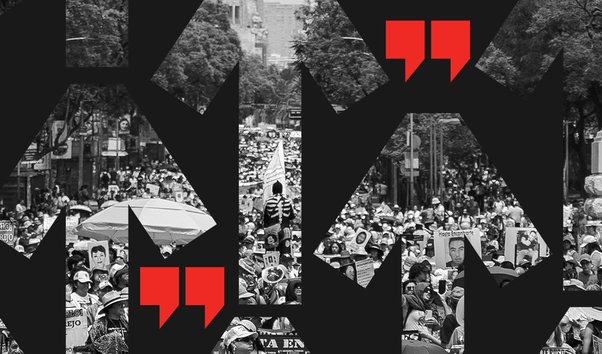
Contact us
Contact details for campaigns, media or fundraising enquiries.

